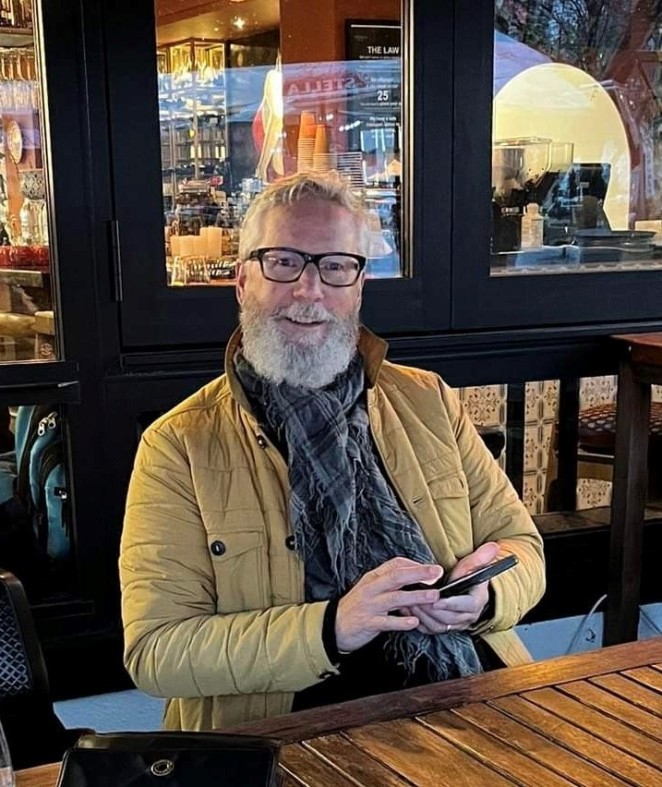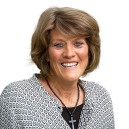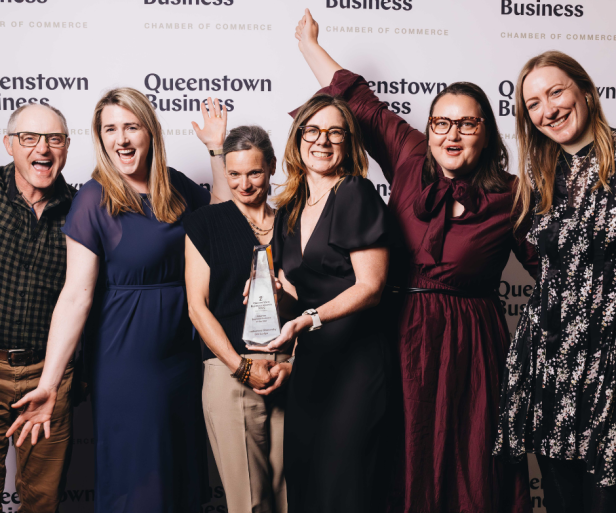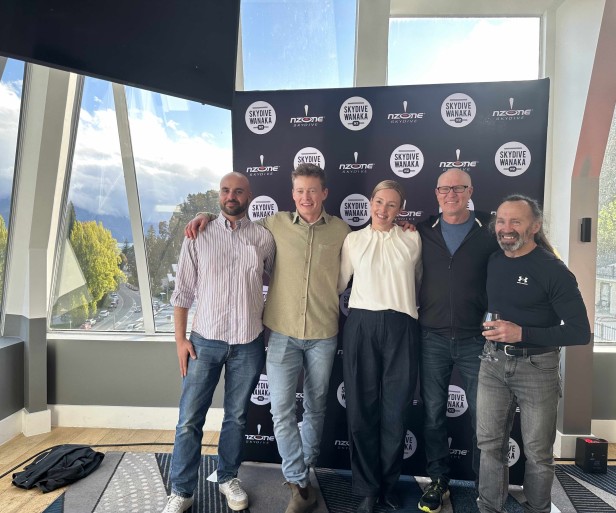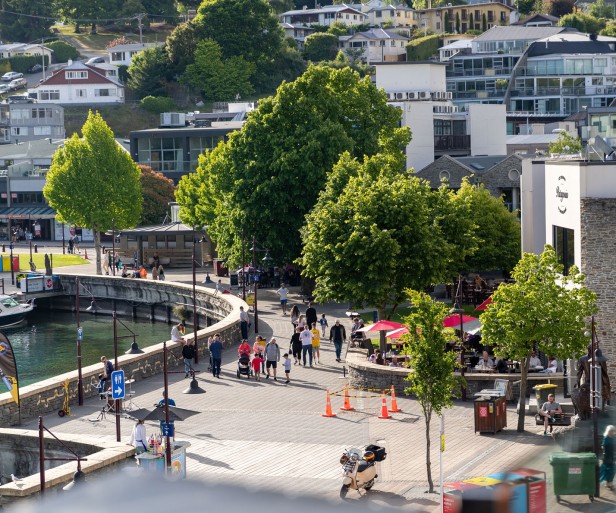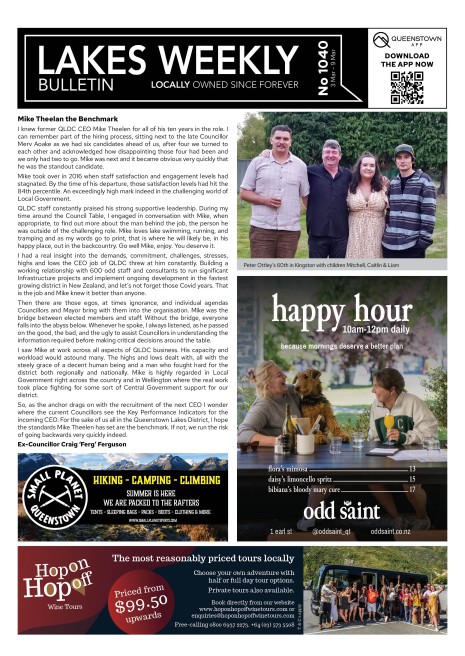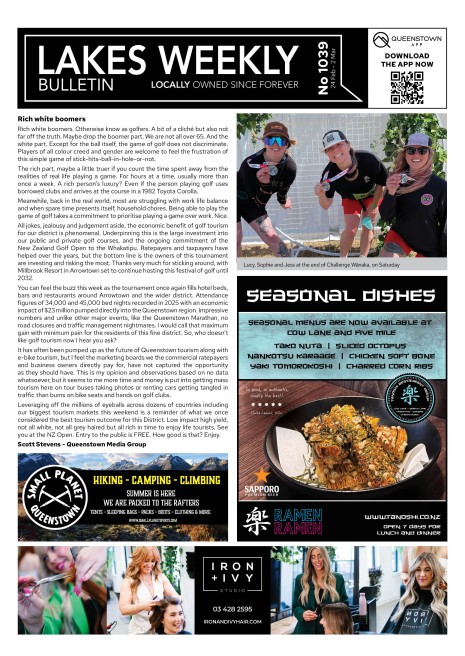Turning to tech
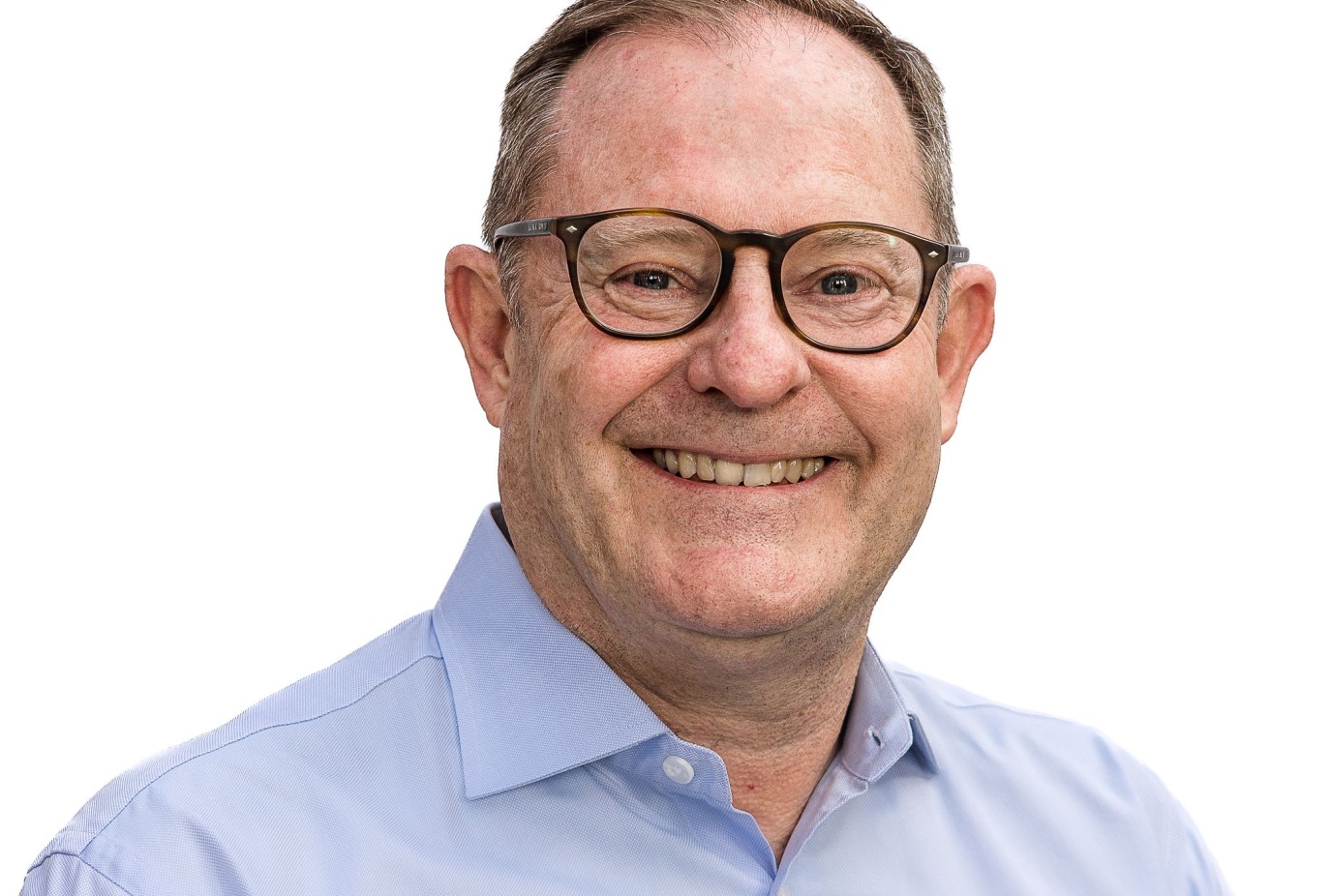
Discussions have been underway with tech companies and investors keen to back entrepreneur Roger Sharp and not-for-profit Whakatipu Hangarau Trust’s bid to establish a tech development agency for the Queenstown Lakes region.
The trust was set up last year to encourage the expansion of the local tech industry during the next 20 years, in a move to safeguard the district and diversify away from its traditional sole tourism focus.
A lot of work’s already been done to set up a strategy document and the trust’s now consulting with Queenstown Lakes District Council, the University of Otago, key industry figures and economists.
“We need to build a clear consensus, with collaboration at the heart of our plan to build out the tech sector,” says Sharp.
“During the next few months, we’ll share the strategy, then raise the required funding to build a small development agency.”
He’s not expecting it to be costly – raising funds to cover a few hundred thousand dollars in operating overheads per year. The trust won’t be going to the government cap in hand to build what will be a small, professional organisation.
“There are huge priorities around New Zealand right now and we want to fund ourselves privately to the extent we can,” he says.
MBIE principal policy analyst Ron Clink has been seconded to help.
The transition won’t be a rapid process, with Sharp expecting it to take some 20 years to ‘get it right’. In the first three to five years the focus will be on putting the right ingredients in place to achieve long-term success.
There are already large and small tech companies interested in stumping up to make it all happen.
“We’re confident the funding will be available.”
While tourism’s doing well right now, Sharp says we can’t forget what the Queenstown area’s just been through.
The plan is to build tech up to a greater proportion of GDP but in a way that isn’t to the detriment of the local lifestyle, he says.
“We may only need 2500 to 3000 people in 20 years to make that happen and create a successful niche. The incremental population growth may only be in the low thousands,” he says.
“These will be clever people, some of whom we train in town, and who earn considerably higher wages and inject more into the local economy.”
However, the move all hinges on affordable housing development within the next 10 years.
“Collectively, we need to work on housing, childcare and education,” says Sharp.
“I’ve spoken to techies here who are living in caravans and want to be here, but they can’t find a home. Another woman is working on a start-up but paying more for childcare than what she’s earning. Clearly, it’s an acute problem.”
Sharp, who has owned a Queenstown home for 20 years, has an accomplished international career as a tech entrepreneur. He’s been building and selling tech companies since the mid-1980s, some listed on the Australian Stock Exchange. He chairs the boards of Webjet, Iress and Lotto NZ, and is a former deputy chair of Tourism NZ.
Tourism makes up $3.3 billion – 60 per cent of our GDP with tech clocking in at only 1.8 per cent, explains Sharp; “That could be at 10 to 15 per cent.”
During a tour of the US, he met with the movers and shakers in towns which had grown their local tech sector and retained their small-town atmosphere, like Bend in Oregon.
Sharp explains that it’s important to get the right mix of start-ups, scale-ups, remote workers and big multinationals relocating for lifestyle benefits.
“We want to attract highly-educated, well-paid people who deliver and we need a university training people in tech,” says Sharp.
“It’s all about our contribution to GDP. One tech worker is equal to several tourism workers.”
“We have some absolute tech gems here in Queenstown Lakes doing exciting stuff, smart and committed people, but people aren’t working together. There’s no plan or strategy,” he adds.
The people in Bend were all on the same page, developing a now flourishing tech sector under the leadership of Silicon Valley venture capitalist Dino Vendetti.
“They were all collaborating and upholding small town prosperity values.”
Kiwi Roger Sharp and his wife, Christine, returned to New Zealand to live in Queenstown in 2016. His great-great-grandfather was an early coal miner in Central Otago and his brother owned the goldfields Cobb & Co Coachline .
“Queenstown is our absolute heart and soul. I feel an obligation to help,” says Sharp, with him and his wife funding much of the project to date.
